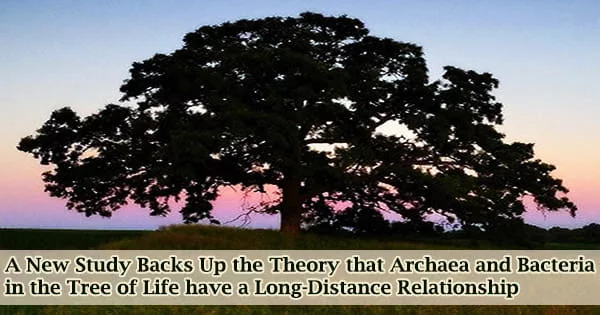A custom is a consistent and voluntary pattern of behavior observed by people. In practically all communities, custom plays a significant role in regulating human behavior. It is, in fact, one of the oldest sources of legislation. But with the progress of the society custom gradually diminish and legislation and judicial precedents become the main source. Custom is produced by the people through their unconscious adoption of a given code of conduct whenever the same problem occurs for resolution, and its power is based only on its long-term use and acceptance by the people.
Custom is a type of particular regulation that has been followed since time immemorial. Customary law refers to law based on custom. The study of custom as a source of law entails a variety of issues, including its history and nature, relevance, grounds for its recognition, classification, numerous theories, distinction from prescription and usage, and the fundamentals of a legal custom.
Customs is critical to a country’s identity. They preserve the continuity of history while also preserving the distinctiveness of its people. Similarly, laws are necessary for the successful operation of a country since they clearly define the bounds of accountability for all citizens and non-citizens alike.
Some of the most important customs in my culture are showing respect for the old and unique procedures for weddings, births, and deaths. To me, the most important laws are those dealing with citizen protection and unjust discrimination.
Respect for the elderly is unquestionably an important norm that must be kept today. The young are becoming increasingly westernized and deceived into believing that having their own thought implies not having to listen to anyone else. As a result, they reject any form of control or counsel from the elderly, whom they regard as antiquated and so irrelevant to modern methods. It is an Asian trait to be respectful to the elderly, but this is unfortunately much neglected these days.
Rites are a manner of giving meaning to ceremonies, and nowhere is this more important than in the cases of birth, marriage, and death. Such rites are so steeped in history and symbolism that they ensure the significance of these crucial occasions. Thus, marriages begin with much auspicious joy, and births are celebrated with great pomp and circumstance. Similarly, deaths are treated with considerable ceremony, reflecting the status of the departed. As a result, these customs must be followed indefinitely.
One of the most essential areas of legislation, in my opinion, is the protection of citizens. This refers to legislation enacted to protect its citizens from physical and mental harassment, as well as direct and indirect threats to their lives. Such regulations reassure citizens that the authorities are always on the lookout for criminals and that they would be dealt with brutally. As a result of the severity of the punishment, many people are prevented from committing these crimes.
Unfair discrimination is an area where the law requires offenders to be dealt with swiftly and harshly. This can include age, gender, and race discrimination. As a multi-racial society, it is critical that the law be impartial so that everyone receives equal treatment. Laws prohibiting discrimination go a long way toward ensuring that no citizen is treated unfairly for reasons over which they have no control.
In fact, all rules are significant since they govern the lives of people who live in the same community. Without regulations, everything will devolve into chaos, potentially leading to the downfall of that civilization. Similarly, customs are often markers of the past that define a culture. Of course, not all customs are beneficial. There are some that touch on superstition rather than tradition. However, it is critical to acknowledge the richness of the culture from which these rituals stem.
















